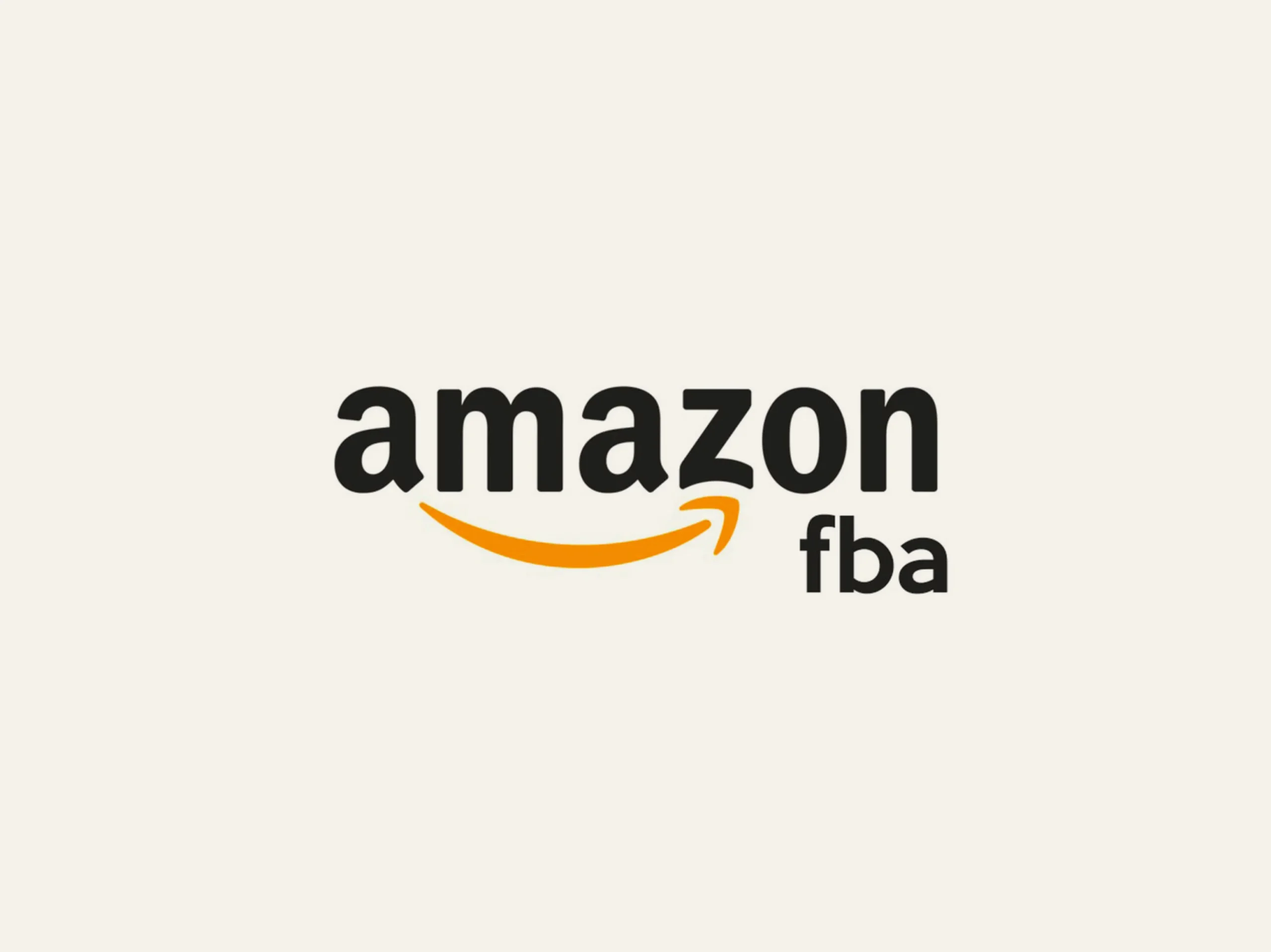While Amazon FBA has legitimate potential, the narrative pushed by many online FBA “gurus” often misrepresents the realities of success in this business model. Programs marketed with quick-income promises or “rags-to-riches” testimonials often lack transparency about the full process, the commitment involved, and the unique circumstances that shape each person’s journey. In contrast, experienced, trustworthy FBA experts emphasize a realistic, data-driven approach.
Here’s what you can expect from credible Amazon FBA mentors versus sales-heavy “gurus.”
1. Credible Experts Emphasize Market Realities
- What They Say: Successful FBA experts will be upfront about how the market has shifted, especially in 2024, with increasing competition, higher ad costs, and new Amazon policies. Rather than promising overnight success, they explain the importance of thorough market research, competitive analysis, and adaptability. For example, reliable FBA mentors will guide you in researching product niches where demand outweighs competition, rather than implying you can pick any passion product and make it work.
- What Gurus Might Say: Many sales-driven programs encourage selecting a product “you’re passionate about” without emphasizing market viability. This approach can lead to poor product choices that lack demand or are over-saturated.
2. They’re Transparent About the Investment Required
- What They Say: Real Amazon FBA experts know that starting costs are significant, typically requiring several thousand dollars for inventory, shipping, ads, and tools. They don’t skirt around this fact and will offer advice on budgeting and minimizing risks. For instance, an expert might break down the pros and cons of different product sourcing methods and provide guidance on managing inventory costs.
- What Gurus Might Say: High-pressure FBA marketers often leave out the realities of initial costs, suggesting that a profitable business can be built on minimal funds. Some will push the idea that success is mainly about “following the formula,” downplaying the financial and time investments that are often essential.
3. They Teach Data-Driven Product Research
- What They Say: Experienced FBA coaches will emphasize the role of data and analytics in product selection. They’ll guide you in using reputable tools like Helium 10, Jungle Scout, and AMZScout to evaluate product demand, competition, pricing trends, and profitability before committing to a product. This data-driven approach can help prevent costly mistakes.
- What Gurus Might Say: Marketing-heavy programs may skip these details, promoting a vague “we’ll help you find a winning product” promise without explaining the metrics behind it. Relying solely on these programs can lead to poor product choices and misunderstandings about what makes a product truly viable on Amazon.
4. They’re Honest About the Time and Effort Needed
- What They Say: Building a successful Amazon FBA brand is a long-term commitment. Transparent mentors will outline the day-to-day tasks, from listing optimization and inventory management to running Amazon PPC ads and adjusting strategies based on performance data. They’ll caution against expecting immediate results and will explain the realities of the FBA learning curve.
- What Gurus Might Say: Many gurus portray FBA as a semi-passive income source, glossing over the ongoing management needed to maintain success. Statements like “earn money in your sleep” downplay the active involvement required and often leave out the continuous optimization work behind successful Amazon listings.
5. They Don’t Push “Step-by-Step” Formulas as Universal Solutions
- What They Say: Established FBA experts know that every seller’s journey is unique and that success depends on factors like product niche, market trends, experience level, and financial resources. They offer frameworks but emphasize flexibility and adaptability, teaching strategies that can be tailored to individual needs and business goals.
- What Gurus Might Say: Gurus frequently market “blueprint” or “step-by-step” approaches that imply guaranteed success for anyone who follows them. However, the reality is that each seller’s circumstances differ greatly, and a rigid “formula” can’t account for the unique challenges of each niche and competitive environment.
6. They Show Their Results with Transparency
- What They Say: Trustworthy mentors provide verifiable proof of their success, such as actual product sales metrics or case studies that show real results over time, not just cherry-picked screenshots. They’re transparent about what they’ve achieved and where they’ve encountered challenges.
- What Gurus Might Say: Less reliable programs often rely on generic success stories or staged testimonials from people with similar backgrounds, portraying an overly idealized view of success. Some might show screenshots without context, making it difficult to understand the actual profit margins or challenges encountered.
Questions to Ask Before Choosing an FBA Program
- What are the total costs I should expect beyond the course fee?
- Does the program teach me how to perform data-driven product research, and do they use tools like Helium 10 or Jungle Scout?
- How long does it realistically take to build a profitable FBA business with your method?
- What kind of support does the program offer, and who will I be working with—industry experts or general support staff?
- Can I see real examples of the instructor’s results, ideally with context on profit margins and any challenges they faced?
The FBA journey is filled with both opportunity and risk, and it’s important to be equipped with a realistic view. Reliable Amazon FBA mentors encourage you to make informed, data-backed decisions rather than simply following a rigid blueprint. By asking the right questions and seeking transparent, context-rich guidance, you can approach FBA with the right expectations and increase your chances of long-term success.

